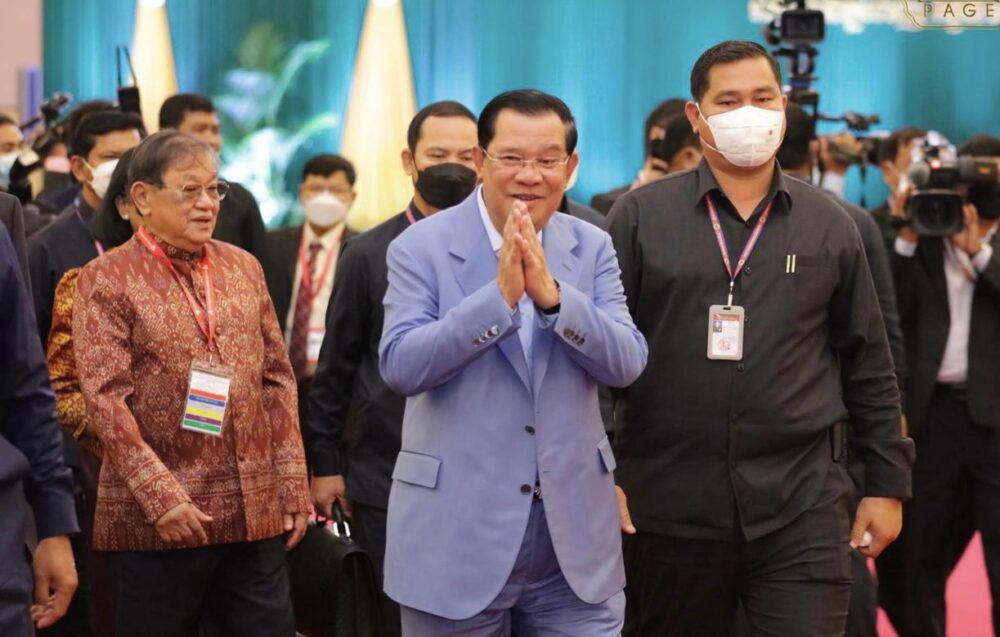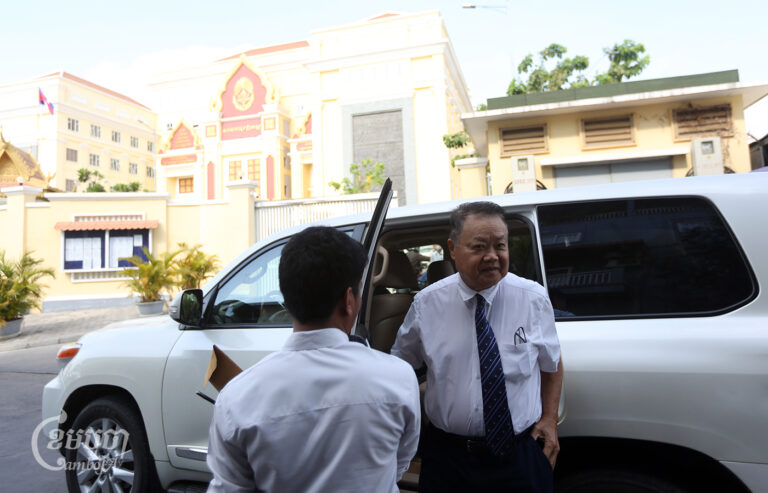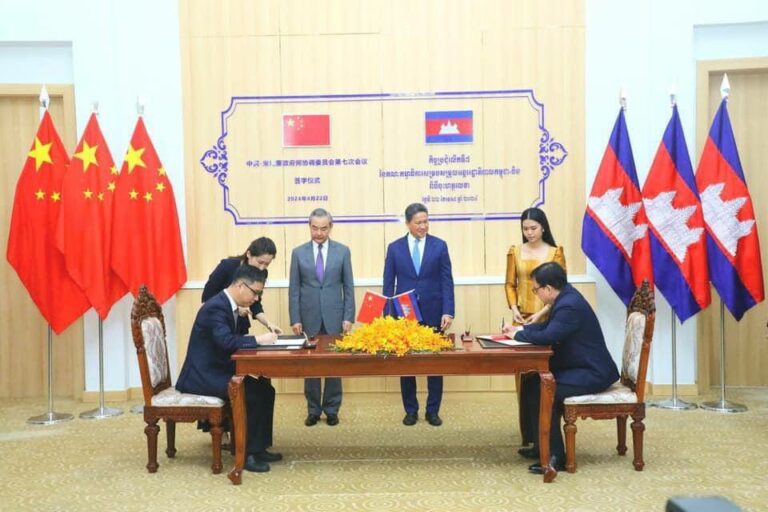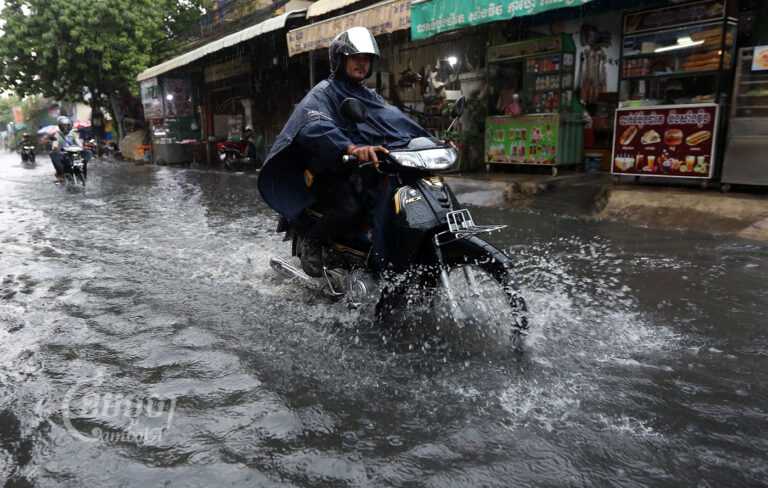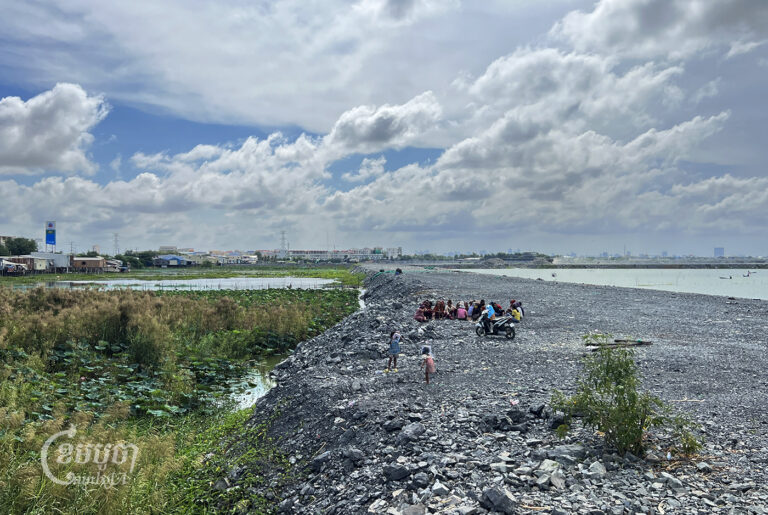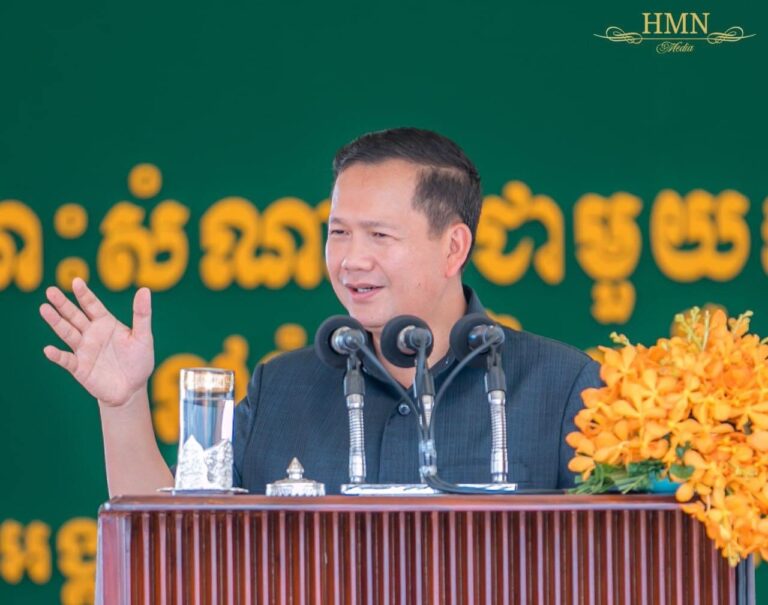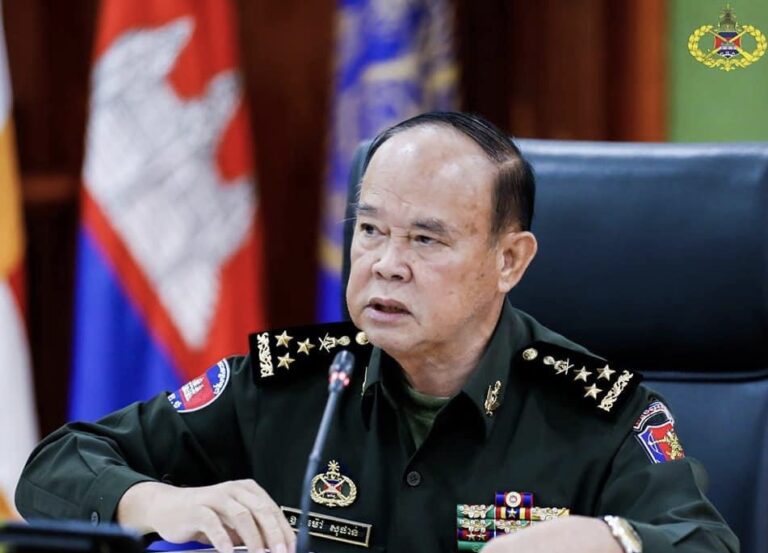Prime Minister Hun Sen urged the Information Ministry to finalize the long-delayed Law on Access to Information during a Saturday press gala in Phnom Penh. He claimed the draft law would be adopted in the next two years after the July national elections.
Hun Sen had previously stated the legislation, known as the A2I law, and intended to allow the public access to government records and documents, would be passed in 2020. But the Information Ministry has said the Covid-19 pandemic prevented working groups related to the legislation from meeting.
The A2I law has been promised by the Prime Minister yet delayed for years, while civil society organizations have criticized the government’s attempts to limit the law’s scope.
“It is certain that there are only a few months left until the election, so we expect the Access to Information Law to be passed…after the election, or maybe definitely by 2024 or 2025,” the prime minister said.
He also blamed the ongoing delay on civil society organizations for making what he considered unreasonable demands for the law.
“The delay is not a separate issue, if we just use the state’s right to decide, it is easy, it is not difficult, the Minister [of Information] has already done it, just send it to the Cabinet for approval, the National Assembly for approval, but we want to gather opinions from all relevant [stakeholders] in order for this law to benefit all,” Hun Sen added.
Civil society organizations have requested the removal of section Article 20.7 of the current A2I draft law which says public institutions may withhold “other confidential information as stipulated in the prohibition provisions,” and has been criticized as overly broad phrasing.
Civil society groups have also pressed for removing section Article 15.4, which requires 40 days before a repeat request for information. They have also urged revisions to six other articles, including expanding protections for whistleblowers.
Lam Socheat, director of the Advocacy and Policy Institute, said the A2I law’s passage comes down to “political will.” He said the prime minister’s claims about the pending passage of the A2I law are the result of the ruling CPP’s efforts to appease civil society groups and the public in the run-up to elections. But he said the delay also reflects the lack of political competition without strong opposition parties pushing the passage of the law in the National Assembly, which is wholly controlled by the ruling CPP.
“It is not just the right of people to access information but also the right of journalists to access information and ensure the good governance of the public,” Socheat said. “It is late [2025] to ensure citizens cannot receive important information.”
He said the lack of accessible public information impacts both large scale and small scale private development projects and understanding long term government plans, which can lead to corruption as people seek clearer information from officials with no legal mandate to provide it.

Pech Pisey, executive director of Transparency International Cambodia, said he welcomed Hun Sen’s stated commitment to passing the A2I law in the next two years, but said civil society’s feedback must not be dismissed.
“The passage of this law has long been overdue and the PM’s remark can quicken the process and enable the relevant authorities to review the draft law and pass it,” he said. “It is fundamental that key inputs and recommendations from CSOs are taken seriously for consideration and integrated into the draft law.”
Pisey stressed that further revisions were needed to the law, such as providing clarity on the definition of confidential information and ensuring legally-mandated disclosure of information applied to all public institutions at national and sub-national levels, along with any entities funded by the state’s resources. He added that it remained unclear how the law would be implemented.
Information Ministry spokesperson Meas Sophorn said that the process of drafting the A2I law was in the hands of a technical working group led by the Information Ministry and the Ministry of Justice. He said the group’s work was advancing but there were still some points, which he did not specify, requiring approval from each of the two ministries’ heads.
Sophorn claimed the government had accepted many comments from civil society organizations into the draft law but would not include comments it considered inappropriate.
“There is nothing very interesting in this group’s concern [NGOs], because this group has always had negative views,” Sophorn said. “No matter what the Royal Government has achieved, it has never satisfied this group.”
Sophorn said that the government has already put in place the necessary mechanisms to fulfill the right to information by establishing a government spokesperson unit and a group of spokespersons from all ministries and a range of public-funded institutions. He claimed that information officers nationwide communicate and provide information to citizens and journalists quickly and clearly.
Yet in response to a new Economic Land Concession granted by the government in March 2022 but only reported by CamboJA and human rights group Licadho on Monday, multiple government spokespersons and ministers refused to respond to reporters.
One spokesperson, representing the government entity which signed off on the land grant, told CamboJAreporters: “I do not know about this. Please ask the people in charge.”


